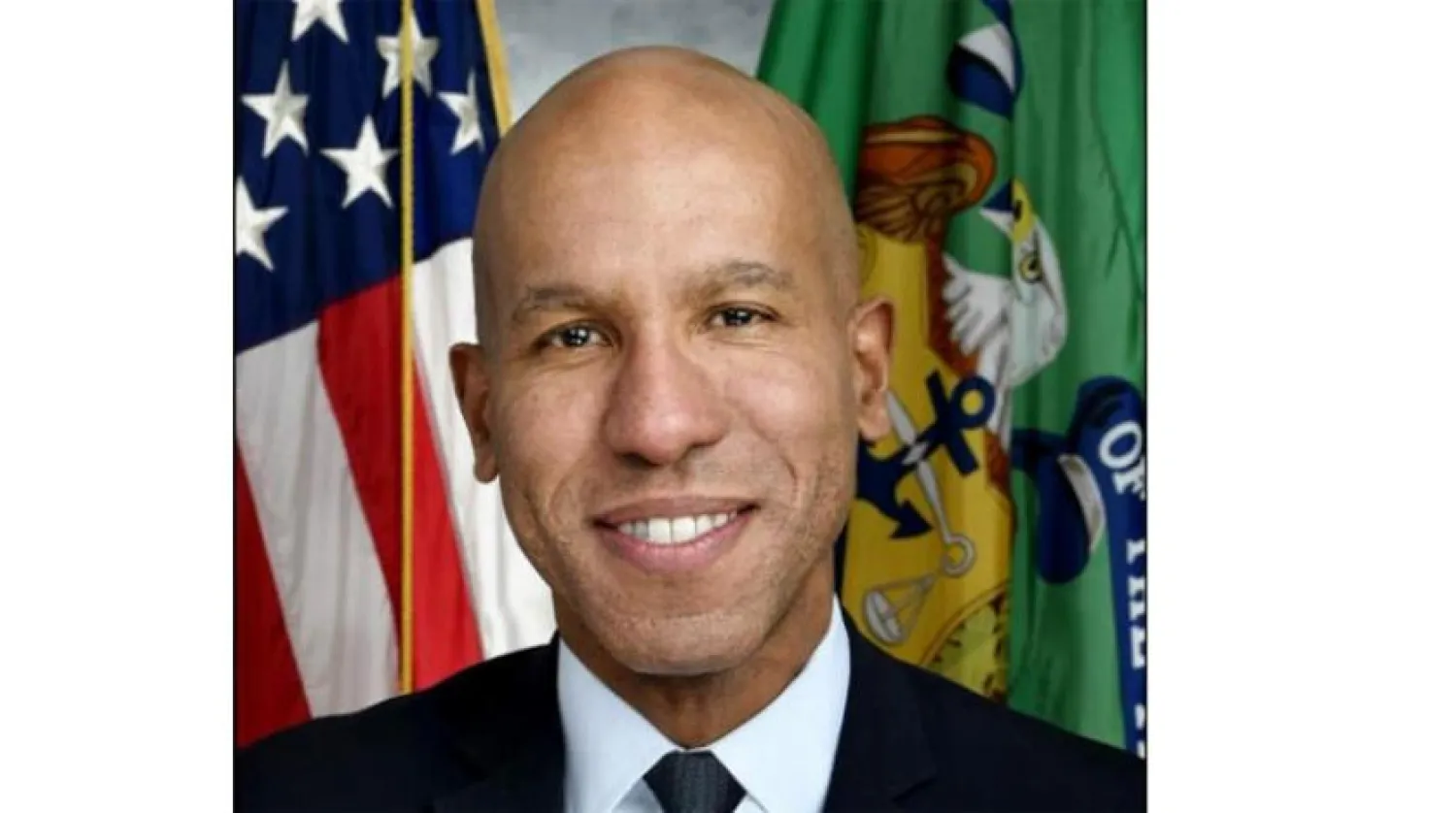The United States on Thursday imposed sanctions on companies it accused of involvement in Iran's petrochemical and petroleum trade, pressuring Tehran as it seeks to revive the 2015 Iran nuclear deal.
“So long as Iran refuses a mutual return to full implementation of the Joint Comprehensive Plan of Action (JCPOA), the US will continue to enforce its sanctions on the sale of Iranian petroleum and petrochemical products,” the Treasury's Under Secretary for Terrorism and Financial Intelligence, Brian Nelson, said in a statement.
Washington warned that it would continue to accelerate enforcement of sanctions on Iran's petroleum and petrochemical sales so long as Tehran continues to accelerate its nuclear program.
Anyone involved in such sales and transactions should stop immediately if they wish to avoid being subjected to US sanctions, he said.
The US Treasury Department also slapped sanctions on a network of companies involved in what it said was the sale of hundreds of millions of dollars worth of Iranian petrochemical and petroleum products to South and East Asia.
The action targeted Iranian brokers and front companies in the United Arab Emirates, Hong Kong and India, the Treasury said.
These sanctions are expected to be part a broader plan to step up sanctions on Tehran in coming weeks, as the prospects of reviving the nuclear pact have dimmed.
The US sanctions include Iran’s oil sector and countries that are involve in oil trade with Tehran. However, some countries like China were able to evade these sanctions by hiding the source of its oil imports.
Separately, the Biden administration’s negotiations with Iran over a revamped version of the 2015 nuclear deal have hit a dead end, jeopardizing the likelihood of a new agreement, senior US officials informed Congress during a classified briefing.
“Two weeks ago, they thought they had a deal, and now they know they don’t have a deal, and are stymied about how they get to a deal because they’ve negotiated all there was to negotiate, and, at the end of the day, Iran doesn’t want the deal that was negotiated,” Rep. Darrell Issa told the Washington Free Beacon.
“We’ve negotiated for a year and a half through our good friend and honest broker Russia and we got the same thing that we should have expected, which is, they want a better deal than they had before, and if you don’t give them a better deal, then they don’t want a deal,” Issa added. “They’re basically on the eve of getting a nuclear weapon and don’t want to be talked out of it.”
State Department spokesman Ned Price confirmed earlier this week that negotiations with Iran “are not in a healthy place right now.”
“We’ve made clear that while we have been sincere and steadfast in our efforts to see to it that Iran is once again permanently and verifiably barred from a nuclear weapon, we haven’t seen the Iranian government make the decision that it would need to make if it were to commit to a mutual return to compliance with the nuclear deal,” Price said.
Some lawmakers accuse the administration of issuing contradictive statements in this regard despite reaching a dead end.
Sources in the Congress told Asharq Al-Awsat that Democrats and Republicans are pressuring the White House to announce a stop to negotiations, amid protests over the death of a woman in police custody.
They affirmed that taking a firm stance in this issue will be considered a clear support for Iranian protesters, especially if it coincides with lifting sanctions on Tehran and allowing it to have access to funds it will use to support terrorism in Tehran and abroad.
Issa said that Iranians wanted concessions to their terrorism-linked sanctions, which is a demand neither Republicans nor Democrats will allow.









